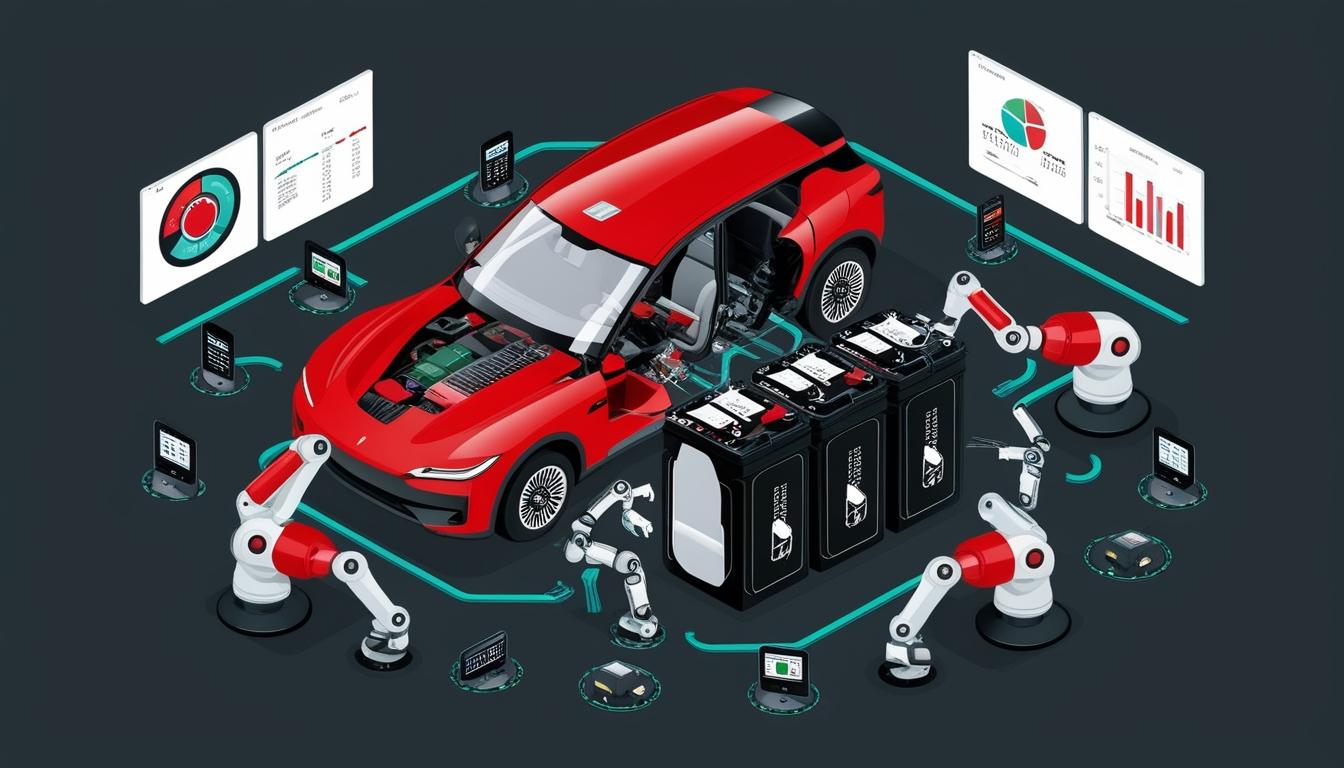Toyota Motor North America has been awarded a grant of $4.5 million from the U.S. Department of Energy (DOE) to enhance recycling processes for electric vehicle (EV) batteries. The grant will fund an initiative spearheaded by the Toyota Research Institute of North America (TRINA), which seeks to establish a comprehensive blueprint for sustainable management throughout the lifecycle of EV batteries.
Nik Singh, the project leader and principal scientist at TRINA, outlined the initiative’s goals. In comments made to ESG News, Singh stated that the program aims to “rethink their approach to battery circularity, prioritise battery life extension, facilitate battery reuse, and reduce waste.” The project aspires to define a standard for battery processing facilities, focused on the principles of "reduce, reuse, recycle."
This initiative is supported by the DOE’s Advanced Research Projects Agency-Energy, which aims to bolster the domestic EV battery supply chain by promoting practices that maximise reuse while minimising waste. In pursuit of these goals, Singh and his team are collaborating with multiple leading research institutions, including Oak Ridge National Laboratory, National Renewable Energy Laboratory, and Waygate Technologies, a company within Baker Hughes that specialises in energy technology.
The collaboration encompasses several key areas of focus, including:
Robotic Disassembly: Innovations in automated systems designed to improve the efficiency of the disassembly process for used battery packs.
Data-Driven Classification: Implementation of diagnostic tools that assess the health of battery cells, thereby guiding decisions on whether to reuse or recycle the components.
Cell Refabrication: Development of novel methods aimed at recycling degraded battery cells and integrating them into functional energy systems.
Marm Dixit, a lead researcher at Oak Ridge National Laboratory, explained the project’s streamlined processes in an interview with ESG News. “We will generate processes to streamline reusing and refurbishing valuable battery cells and modules from end-of-life packs, without having to scan every single battery pack every single time,” Dixit commented.
The strategic goals of this initiative are also designed to alleviate existing bottlenecks within the EV battery supply chain. The intention is to minimise manual labour, enhance classification accuracy, and improve the scalability of recycling operations. As the demand for electric vehicles continues to grow, there is an expected surge in the volume of battery scrap, underscoring the necessity for sustainable recycling practices to mitigate environmental impacts.
By formulating effective reuse strategies, this initiative aims to decrease the emissions associated with both the production and disposal of batteries. This aligns with the larger trend of automotive manufacturers and suppliers increasingly investing in EV technology, which is driven by government incentives and escalating market demand.
As Nik Singh highlighted, the project’s success will be crucial in showcasing “avenues for everyone” in the industry to implement practices that prolong battery life and curtail waste, thereby contributing towards a more sustainable future for electric vehicle technology.
Source: Noah Wire Services
